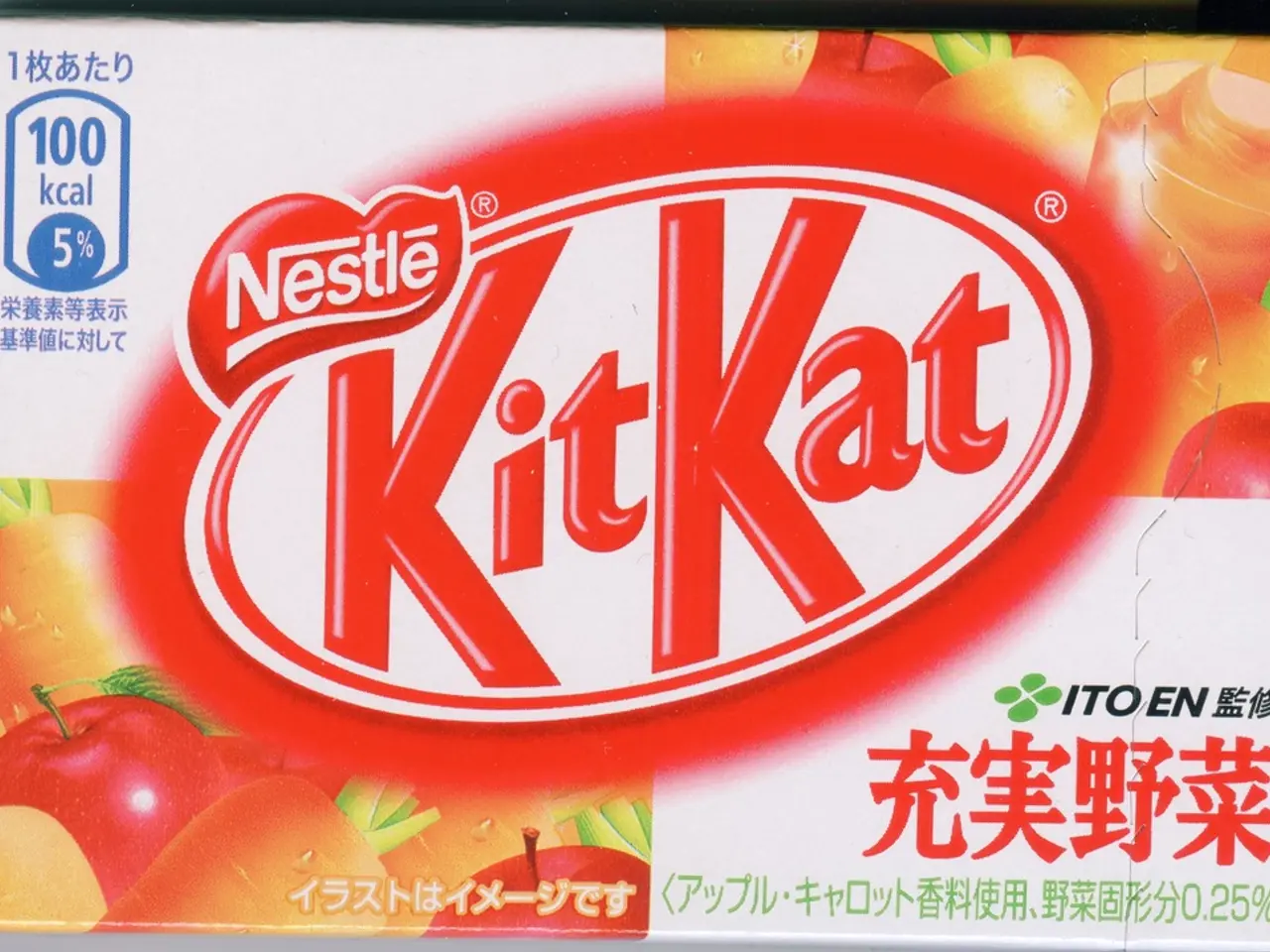Low-Carb Keto Diet: Pros and Cons You Should Consider
The keto diet, a popular low-carbohydrate, high-fat diet, has been gaining traction in recent years for its potential benefits. Originating in 1921, the keto diet was initially designed to treat people suffering from epileptic seizures by Dr. Russell Wilder. Today, it is followed for various reasons, including weight loss and managing certain health conditions.
The diet requires a significant shift in eating habits. It consists mainly of foods rich in fat, with fat making up approximately 90% of the calories consumed daily. To enter ketosis, a metabolic state where the body uses Ketone, an energy source produced from stored fat in the liver, instead of relying on glucose, one must reduce their daily carbohydrate intake to 20 to 50 grammes and consume fats from foods like meat, fish, eggs, nuts, and healthy oils.
The keto diet allows eating healthy unsaturated fats, such as nuts, seeds, and olive oil, alongside saturated fats found in palm oil, lard, butter, and cocoa butter. Choosing sources of healthy fats, such as olive oil, avocado, and fish oil, is important. However, staying away from processed foods that contain saturated fats is recommended.
Beginning to introduce carbohydrates gradually after achieving the weight loss goal is advisable. The first two weeks of the keto diet often result in weight loss ranging from 0.9 to 4.5 kilograms, but weight loss becomes slower, often 0.25 to 1 kilogram per week after the first fortnight.
The keto diet, when used for certain conditions, can improve insulin sensitivity, lower body fat percentage, HDL cholesterol levels, blood pressure, and blood sugar levels. It may also help reduce appetite. However, it's essential to note that the keto diet may cause a person to lose muscle mass, especially if they continue to practice strength sports.
Consuming sufficient amounts of vitamins and minerals is necessary to avoid nutrient deficiencies on the keto diet. Symptoms of entering ketosis include increased thirst, dry mouth, frequent urination, and decreased hunger or appetite.
While the keto diet may help in losing weight faster compared to traditional weight loss diets, the results become similar over time. It's crucial to maintain a balanced diet and consult with a healthcare professional before starting any new diet plan.
In conclusion, the keto diet offers a unique approach to weight loss and health management. However, it requires careful planning and consideration to ensure a balanced and nutritious diet while achieving the desired results.







